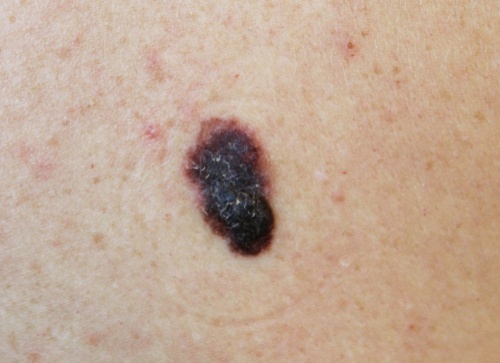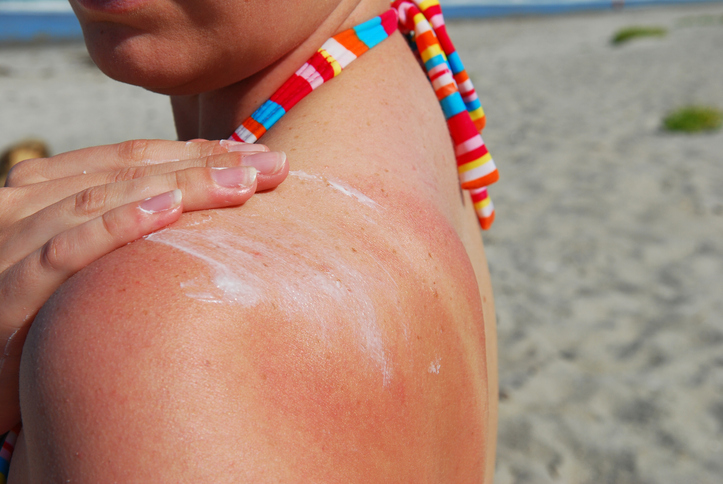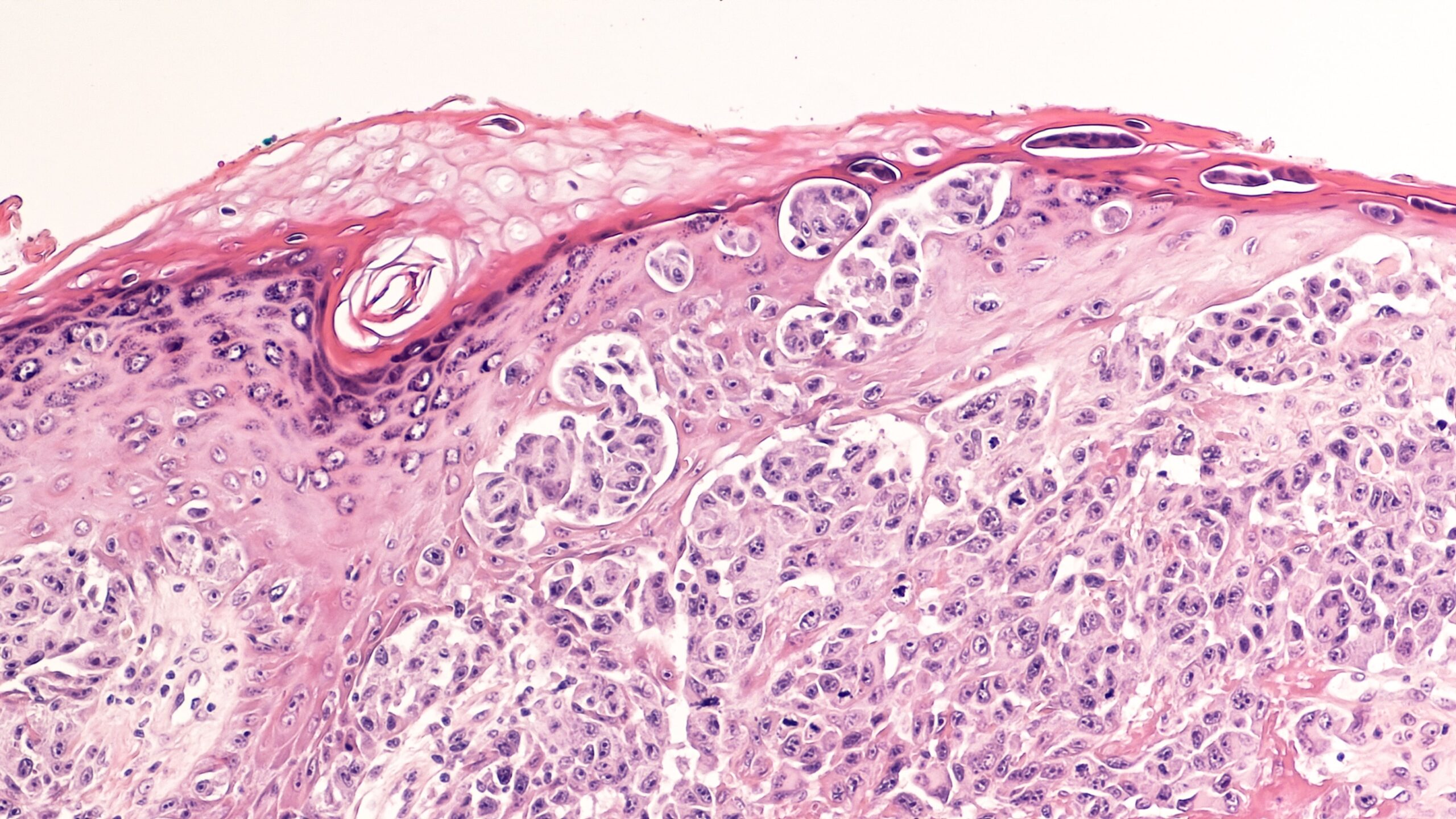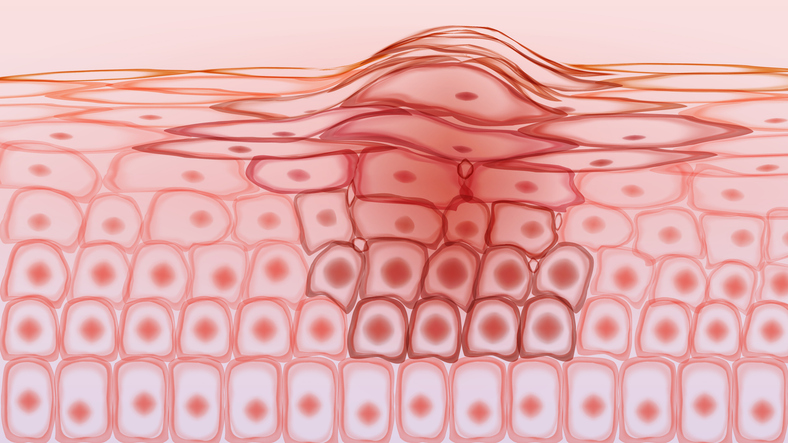
Melanoma is the deadliest of skin cancers. It develops in cells that produce melanin (the pigment that gives skin its color), otherwise known as melanocytes. For the past three decades, the rates of melanoma diagnosis have been dramatically increasing, particularly in young adults. Patients with early-stage melanoma may be treated with surgery alone; however, the treatment for advanced stages of cancer require a variety of other treatments, often in combination with one another. These treatments can include immunotherapy, chemotherapy, radiation therapy, and targeted drug therapy.
Immune-related adverse events (irAEs) can occur as a side effect of immune checkpoint inhibitors (ICIs), a type of immunotherapy that blocks proteins called “checkpoints” that are made by immune system cells. irAEs resemble autoimmune responses, and commonly present as toxicities within the gastrointestinal, endocrine, and dermatologic systems. irAEs are often treated with corticosteroids and/or second-line immunosuppression.
A study published in JAMA Oncology investigated the associations of second-line immunosuppression for irAEs with progression-free survival (PFS), overall survival (OS), and melanoma-specific survival (MSS) in advanced melanoma patients being treated with first-line ipilimumab-nivolumab combination therapy. The cohort study comprised 771 patients being treated with first-line ipilimumab-nivolumab therapy, with 350 of these patients being treated with second-line immunosuppressants for severe irAEs. Of these, 235 received steroids alone, and 115 received steroids with second-line immunosuppressants.
Patients who were treated with only steroids had a statistically significantly longer median PFS compared with patients treated with steroids plus second-line immunosuppressants (11.3 months versus 5.4 months). The median OS was 46.1 months in patients receiving steroids alone and 39.0 months in patients treated with steroids plus second-line immunosuppressants, which was considered a statistically significant difference. Median MMS was better in the group receiving steroids alone compared with those receiving steroids plus second-line immunosuppressants. Additionally, patients treated with steroids in tandem with second-line immunosuppressants trended toward a higher risk of disease progression and risk of death.
“Second-line immunosuppression for irAEs was associated with impaired PFS, OS, and MSS in patients with advanced melanoma treated with first-line ipilimumab and nivolumab,” the authors remarked on the results of their study. “These findings stress the importance of assessing the effects of differential irAE management strategies, not only in patients with melanoma but also tumor types.”







 © 2025 Mashup Media, LLC, a Formedics Property. All Rights Reserved.
© 2025 Mashup Media, LLC, a Formedics Property. All Rights Reserved.